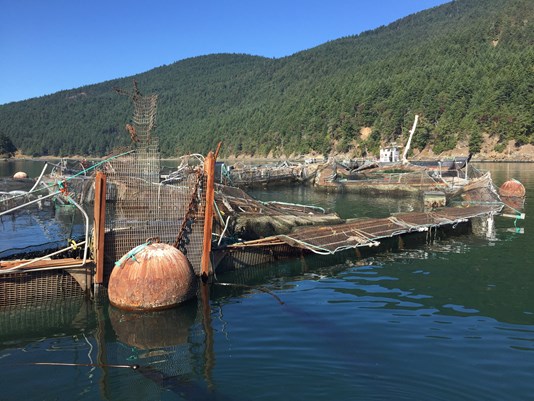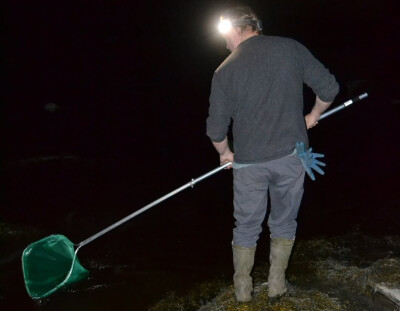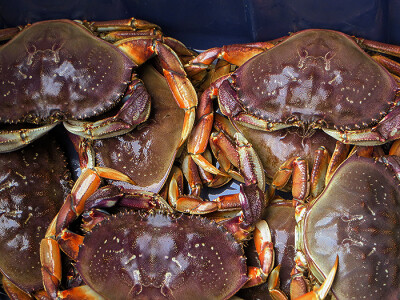On Monday, Nov. 13, Wild Fish Conservancy filed a lawsuit against Cooke Aquaculture Pacific in response to the discharge of more than 100,000 farmed Atlantic salmon from the company’s Puget Sound operations off Cypress Island, Wash.
One of Cooke’s pens suffered a near-complete structural failure in late August, releasing debris, pollutants and fish carcasses along with tens of thousands of viable and potentially threatening invasive Atlantic salmon.
“This escape has forced the public to accept a huge gamble that depressed populations of wild, native salmon and steelhead will not be harmed by this non-native invader,” said Nick Gayeski, fisheries scientist at the conservancy.
After Cooke notified the public of the release, local tribal, commercial and recreational fishermen set to work removing thousands of the escaped fish. However, the Washington Department of Fish & Wildlife reports Atlantic salmon have been found as far south as southern Puget Sound and as far north as northern Vancouver Island.
“Escaped non-native fish pose predation and disease threats to juvenile salmon and steelhead rearing in nearshore habitats in Puget Sound,” Gayeski said. “They also pose threats to adult wild salmon and steelhead by competing for spawning habitat and potentially by establishing self-sustaining populations in Puget Sound rivers as they have been documented to have done on Vancouver Island.”
Just more than a week after the spill, Washington Gov. Jay Inslee put a hold on new mariculture permits in state waters. Cooke has new permits pending in Puget Sound.
The conservancy is also working to quantify the potential effects of the release by submitting samples of escaped Atlantic salmon to independent labs, where they are being tested for a comprehensive suite of toxins and viral diseases. The conservancy believes these tests are crucial in determining the escape event’s full impact on wild fish and marine mammal populations.
Earlier this year, the conservancy launched the Our Sound, Our Salmon campaign to oppose the expansion of Atlantic salmon net pens in Puget Sound. The group had already been coordinating a Sept. 16 flotilla protest before the spill, which served to boost the visibility of the gathering and the new organization.

Cooke Aquaculture wants to drop 1 million juvenile salmon in Rich Passage, where fishermen protested the company's use of open-ocean net pens in Washington state waters. Amy Gulick photo.
That protest took place at the Cooke facility in Clam Bay, where Cooke Aquaculture moved in October to deposit another 1 million juvenile salmon. The governor requested that the company withdraw its proposal to add more invasive salmon to Puget Sound while permitting was on hold. Cooke, however, stood by its right to make full use of its own pens, and the Department of Fish and Wildlife did not have the authority to deny the existing permit.
Wild Fish Conservancy states its goal is to hold Cooke responsible for a negligent release into public waters under section 505 of the Clean Water Act.







